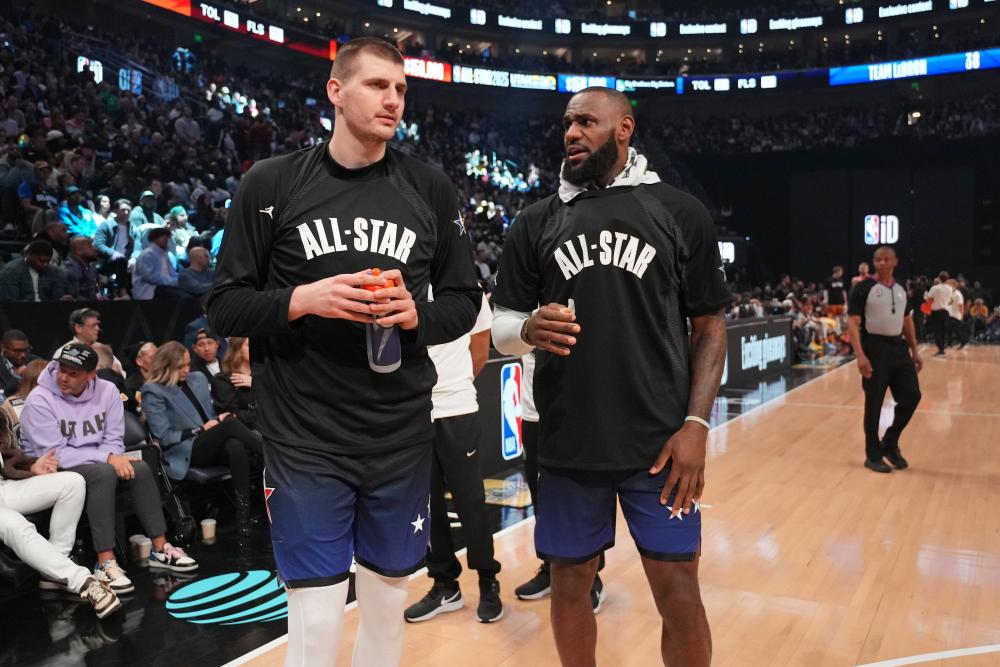Last week, Front Office Sports reported a notable meeting in France involving LeBron James, his business partner Maverick Carter, and Nikola Jokic’s agent Misikola Latovic, based on information from multiple insiders. Carter’s proposed league would consist of six men’s and six women’s teams traveling to eight global cities in a tour-style format. Drawing inspiration from Liv Golf and Formula 1, the league aims to offer players equity stakes, a possibility currently restricted by NBA rules for active athletes.
Over the weekend, Rajnatovich, a prominent figure in European basketball, shared a photo of the meeting on Instagram from St. Tropez with the caption, “Summer 2025 is the perfect time to make big plans for fall 2026.” This sparked rumors about a collaboration between James and Jokic. However, sources clarified to Front Office Sports that the meeting did not involve the NBA.
Carter began marketing the league earlier this year, with Bloomberg reporting a $5 billion fundraising target in January. Early backers include the Singapore government, Saudi Arabia’s Public Investment Fund, SC Holdings, UBS, Skype co-founder Geoff Prentice, and former Facebook executive Grady Burnett. Unlike the WNBA-adjacent league, which permits double participation, Carter’s league demands full-time involvement, potentially barring NBA players unless league policies change.
Meanwhile, the NBA is pushing its own European expansion. Commissioner Adam Silver and Deputy Commissioner Mark Tatum recently met with UK Prime Minister Keir Starmer to explore a partnership with FIBA for a Europe-based NBA league. As part of this initiative, the NBA announced that the Orlando Magic and Memphis Grizzlies will play regular-season games in Berlin and London in January 2026.
Euroleague officials have voiced opposition to the NBA’s expansion plans. “We told them, like we’ve said publicly, we don’t think the new league will be useful to the market,” Euroleague CEO Paulius Motiejūnas said in a statement to The Athletic.
Fan Take: This development signals a potentially seismic shift in global basketball, with new leagues challenging traditional structures and expanding the sport’s reach. For fans, this could mean more international exposure, increased player opportunities, and a more diverse basketball landscape in the coming years.



